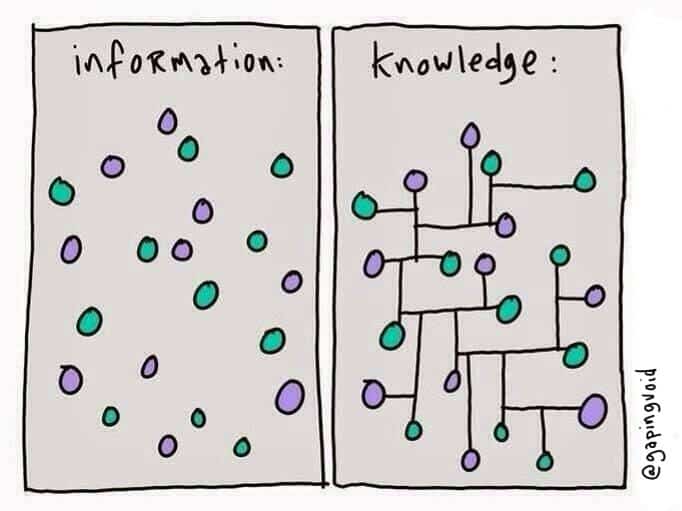
Instructions on how to turn in Assignment 3: When you have completed the writing process, turn in
- Draft 1
- Reader Feedback (first draft)
- Draft 2
- Response Paper Checklist
- Any slips proving you have visited the Writing Center (B200) or SGA Tutoring
Class
Essential questions: How is knowledge produced? Whose knowledge is disseminated? Who benefits from this knowledge? What is your place in the knowledge society?
1. Some Context (work on these with a partner)
A. Consider: Information Society versus Knowledge Society https://en.wikipedia.org/wiki/Knowledge_society
B. Consider: The Production of Knowledge
http://camellia.shc.edu/literacy/tablesversion/lessons/lesson1/production.htm
C. Consider: Information Privilege
1. What information resources do you have access to by virtue of your institutional affiliation that others do not?
2. What are the potential effects of this “information divide” for those who find themselves on either side of it? See also, “digital divide”: https://en.wikipedia.org/wiki/Digital_divide
3. What are the structures that perpetuate this system, and what can challenge these structures?
4. What responsibilities (if any) do you think are associated with privileged access to information?
2. Library Orientation
A. How to read free websites using list of "hacker" ethic sites: https://docs.google.com/document/d/1hOX8ikMviJvo-PVWG28oo-MWs9LInUL6f_r_KF-A0CE/edit
B. Library Databases
C. Scavenger Hunt
For next Class
A. Consider: Information Society versus Knowledge Society https://en.wikipedia.org/wiki/Knowledge_society
B. Consider: The Production of Knowledge
http://camellia.shc.edu/literacy/tablesversion/lessons/lesson1/production.htm
C. Consider: Information Privilege
1. What information resources do you have access to by virtue of your institutional affiliation that others do not?
2. What are the potential effects of this “information divide” for those who find themselves on either side of it? See also, “digital divide”: https://en.wikipedia.org/wiki/Digital_divide
3. What are the structures that perpetuate this system, and what can challenge these structures?
4. What responsibilities (if any) do you think are associated with privileged access to information?
2. Library Orientation
A. How to read free websites using list of "hacker" ethic sites: https://docs.google.com/document/d/1hOX8ikMviJvo-PVWG28oo-MWs9LInUL6f_r_KF-A0CE/edit
B. Library Databases
C. Scavenger Hunt
For next Class
- Complete your Research for a 3-minute presentation: https://docs.google.com/document/d/1hOX8ikMviJvo-PVWG28oo-MWs9LInUL6f_r_KF-A0CE/edit
- Read the prompts for Assignment 5: https://docs.google.com/document/d/1vBBfMXAu4aHFWLu6JCGgrnYRckCtwpKXbel2itjLEms/edit?usp=sharing
- Print out this form and turn it in for me to approve: https://docs.google.com/document/d/1YiM0YD2BHfUPinolJGPrirGyo79Z4BdW2VMFuTLRw3Y/edit?usp=sharing